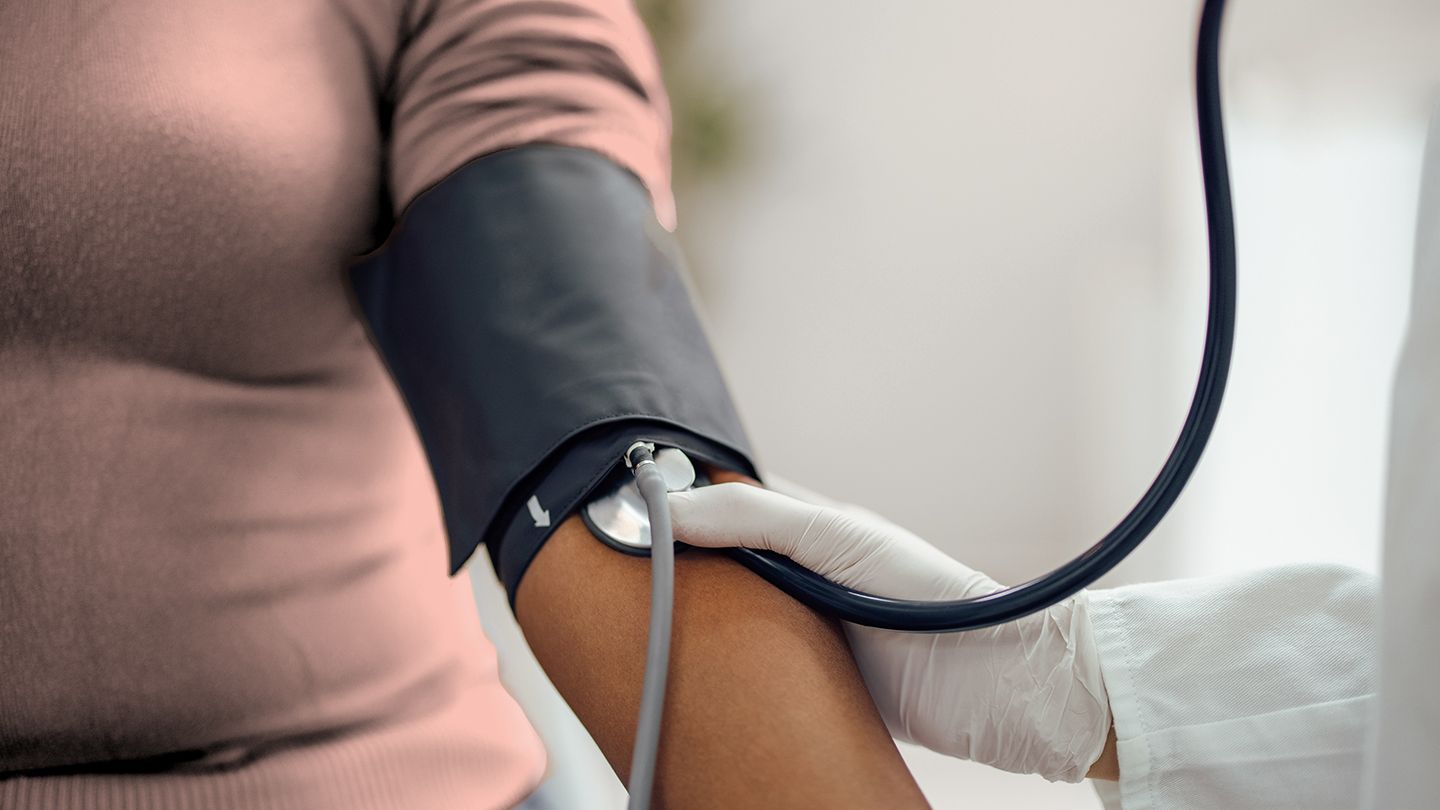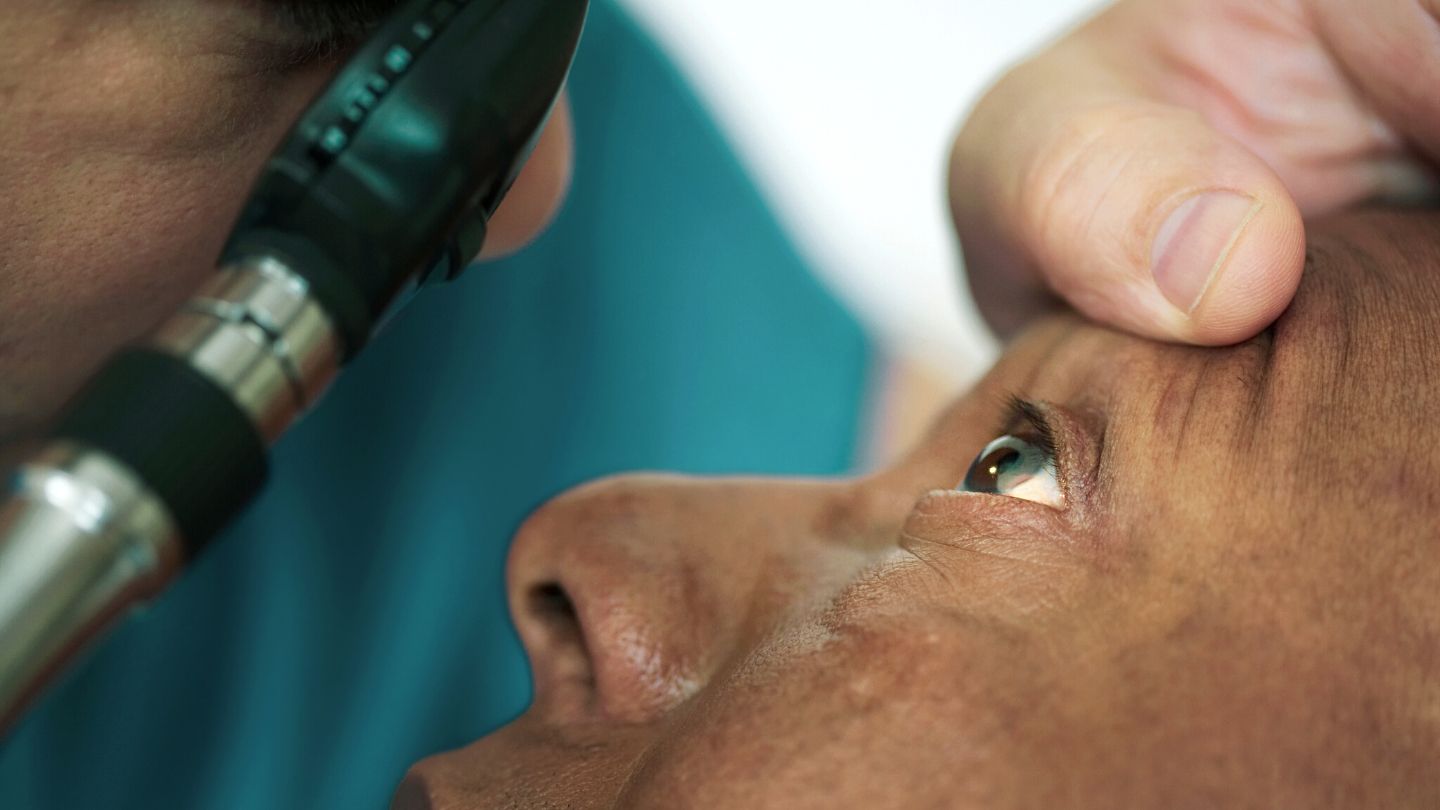Type 2 diabetes and high blood pressure have long been known risk factors for stroke. But a new study suggests that these two chronic health problems may make a bigger difference in stroke risk for middle-aged adults than for older people.
“High blood pressure and diabetes are two important risk factors for stroke that can be managed by medication, decreasing a person’s risk,” says the lead study author, George Howard, DrPH, a professor at the University of Alabama at Birmingham School of Public Health.
“Our findings show that their association with stroke risk may be substantially less at older ages, yet other risk factors do not change with age,” Dr. Howard says. “These differences in risk factors imply that determining whether a person is at high risk for stroke may differ depending on their age.”
Study Followed People With Diabetes and High Blood Pressure for 11 Years
For the study, published January 18 in the journal Neurology, researchers examined data on 28,235 middle-aged and older adults without a history of stroke. At the start of the study researchers asked participants about a wide range of potential stroke risk factors, then followed up with them every six months for about 11 years to identify people who had a stroke. A total of 1,405 participants experienced stroke during the study.
Risk factors analyzed in the study included heart disease, high blood pressure, type 2 diabetes, smoking, an abnormal heartbeat known as atrial fibrillation, and a condition called ventricular hypertrophy that involves thickening in the heart’s left ventricle (the chamber that pumps oxygen-rich blood out to the rest of the body).
In addition, because Black adults typically have a higher risk of stroke than white adults, researchers also looked at the role of race. Overall, 41 percent of the study participants were Black and 59 percent were white.
Middle-Aged People With Diabetes and High Blood Pressure Had a Sharp Increase in Stroke Risk
Among the youngest cohort in the study, who were ages 45 to 64, those with type 2 diabetes were twice as likely to have a stroke during follow-up than people of the same age who didn’t have diabetes. For the oldest participants, all 75 or older, the increased stroke risk associated with type 2 diabetes was only 30 percent.
Similarly, the adults 45 to 64 years old with high blood pressure were 80 percent more likely to have a stroke during follow-up than adults without high blood pressure. Among the oldest participants, however, high blood pressure increased the stroke risk less, by just 50 percent.
RELATED: Best and Worst Supplements for Heart Health
For Black people in the study, their race was associated with a 34 percent higher stroke risk among middle-aged adults compared with white individuals in the same age group, but the connection between Black race and stroke risk diminished with age.
With several other risk factors, including smoking, atrial fibrillation, and left ventricular hypertrophy, researchers did not find an age-related change in stroke risk.
One limitation of the study is that researchers assessed stroke risk factors only once, when people joined the study. It’s possible that participants’ health changed during follow-up in ways that significantly impacted their odds of stroke.
It’s Crucial to Manage Blood Sugar and High Blood Pressure as You Age
“It is important to note that our results do not suggest that treatment of high blood pressure and diabetes becomes unimportant in older age,” Howard says. Managing these conditions with interventions like medication and lifestyle changes to improve eating and exercise habits can still reduce the risk of stroke and improve overall health, Howard notes.
“But it also may be wise for doctors to focus on managing risk factors such as atrial fibrillation, smoking, and left ventricular hypertrophy as people age,” Howard adds.
Medication and Lifestyle Changes Can Reduce the Threat of Stroke
The findings should serve as a reminder for people to focus broadly on steps they can take to prevent strokes at every age — and not just think they’re fine because they’ve managed their blood sugar or blood pressure, says Joshua Yamamoto, MD, a cardiologist at Johns Hopkins Medicine in Baltimore and the medical director of the Foxhall Foundation.
This means looking at medication to manage type 2 diabetes or high blood pressure as a tool to prevent stroke, says Dr. Yamamoto, who wasn’t involved in the study. “Modern medications can slow, and in some cases arrest, natural aging of the heart and arteries,” Yamamoto says.
In addition to managing any chronic health problems like high blood pressure or type 2 diabetes, there are several lifestyle approaches people can adopt to minimize stroke risk, according to the U.S. Centers for Disease Control and Prevention (CDC). These include:
- Pick healthy foods. Eat foods that are high in fiber and low in sodium, saturated fats, trans fats, and cholesterol.
- Maintain a healthy weight. Obesity increases the risk of stroke.
- Get enough exercise. Most adults need 150 minutes a week of moderate-intensity activity like a brisk walk. Check with your doctor before beginning a new fitness regimen.
- Don’t smoke. Smoking cessation can reduce your stroke risk.
- Limit alcohol. Drinking too much can raise your blood pressure.
RELATED: How to Get Started on an Exercise Program if You Have a Heart Condition




